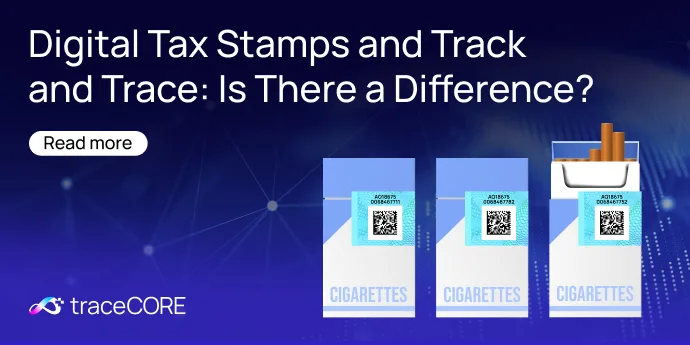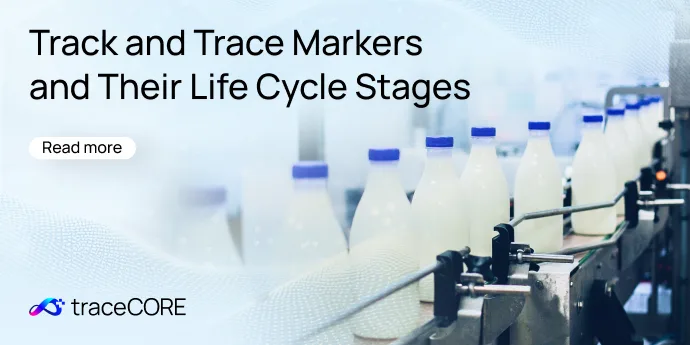Halal Track and Trace
Use traceCORE Halal Track and Trace to guarantee the integrity of halal products.
Book a demo
The halal economy is expected to reach US $4.96 trillion by 2030
These estimates include halal foods, cosmetics, pharmaceuticals, tourism and finance (Arab News).
Track and trace systems are being increasingly used in the halal market to build customer trust, oversee halal imports, and guarantee halal compliance throughout the supply chain.
of the global population is projected to be muslim by 2030 (The Globalist).
is the estimate of the global halal food market in 2032 (Allied Market Research).
.webp)
Ensure the authenticity and quality of halal products and protect consumers in your country.

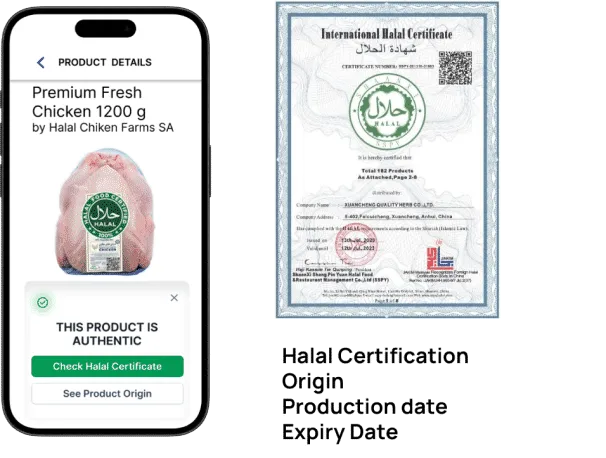
Ensure quality, compliance, and efficiency from farm to table
traceCORE Halal Track and Trace ensures that all stages of your supply chain comply with halal standards, providing complete transparency and authenticity.
The solution enhances consumer trust and streamlines compliance with regulatory requirements.
Key features
traceCORE Halal Track and Trace gathers data from every point in the halal food supply chain, from production to retail. Advanced algorithms analyze the data to ensure all halal compliance requirements are met.
You can generate detailed reports to track compliance and traceability. Take proactive measures based on the insights to maintain and ensure halal integrity.
Monitor production close to real-time
Verify every step of production
Effectively manage product recalls
Authenticate halal certification
Receive notifications for critical issues
Stay updated with live tracking of halal food
A win-win solution for all stakeholders
Monitor, authenticate, and trace halal food products with unmatched precision using traceCORE Halal Track and Trace.

- Regulatory compliance. Monitor and enforce halal certification standards across the supply chain, ensuring compliance with national regulations.
- Public health and safety. Ensure the authenticity and safety of halal products, protecting public health and consumer rights.
- Data-driven oversight. Utilize comprehensive data analytics to make informed decisions and improve halal certification processes.
- Enhanced market reputation. Strengthen the country's reputation as a reliable source of halal products, boosting international trade opportunities.
.svg)
- Enhanced compliance assurance. Ensure products consistently meet halal standards, reinforcing consumer trust and regulatory compliance.
- Improved supply chain transparency. Gain full visibility into every stage of the supply chain, ensuring product integrity and quality.
- Reduced risk of counterfeit products. Detect and eliminate counterfeit products, safeguarding brand reputation and consumer safety.
- Increased operational efficiency. Streamline processes with real-time monitoring and automated reporting, reducing manual efforts and operational costs.

- Increased trust and confidence. Access detailed information about the halal status of products, ensuring they meet religious and ethical standards.
- Transparency and assurance. Benefit from complete transparency in the production and supply chain of halal products.
- Protection against fraud. Вe assured of the authenticity and integrity of halal products, reducing the risk of purchasing counterfeit items.
- Improved consumer safety. Ensure the quality and safety of halal products, contributing to overall well-being and satisfaction.
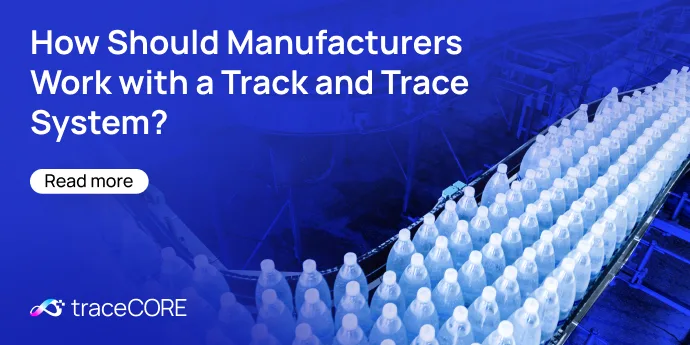
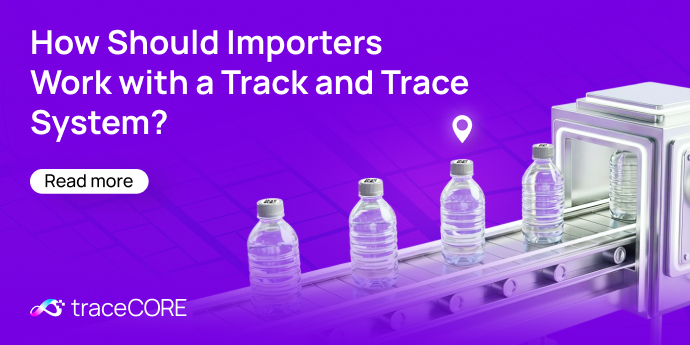
.webp)
.webp)
